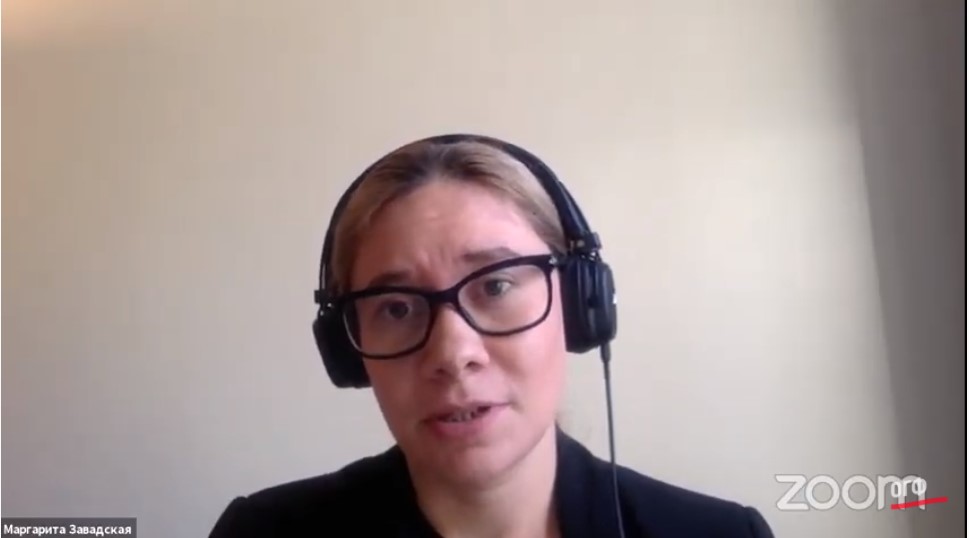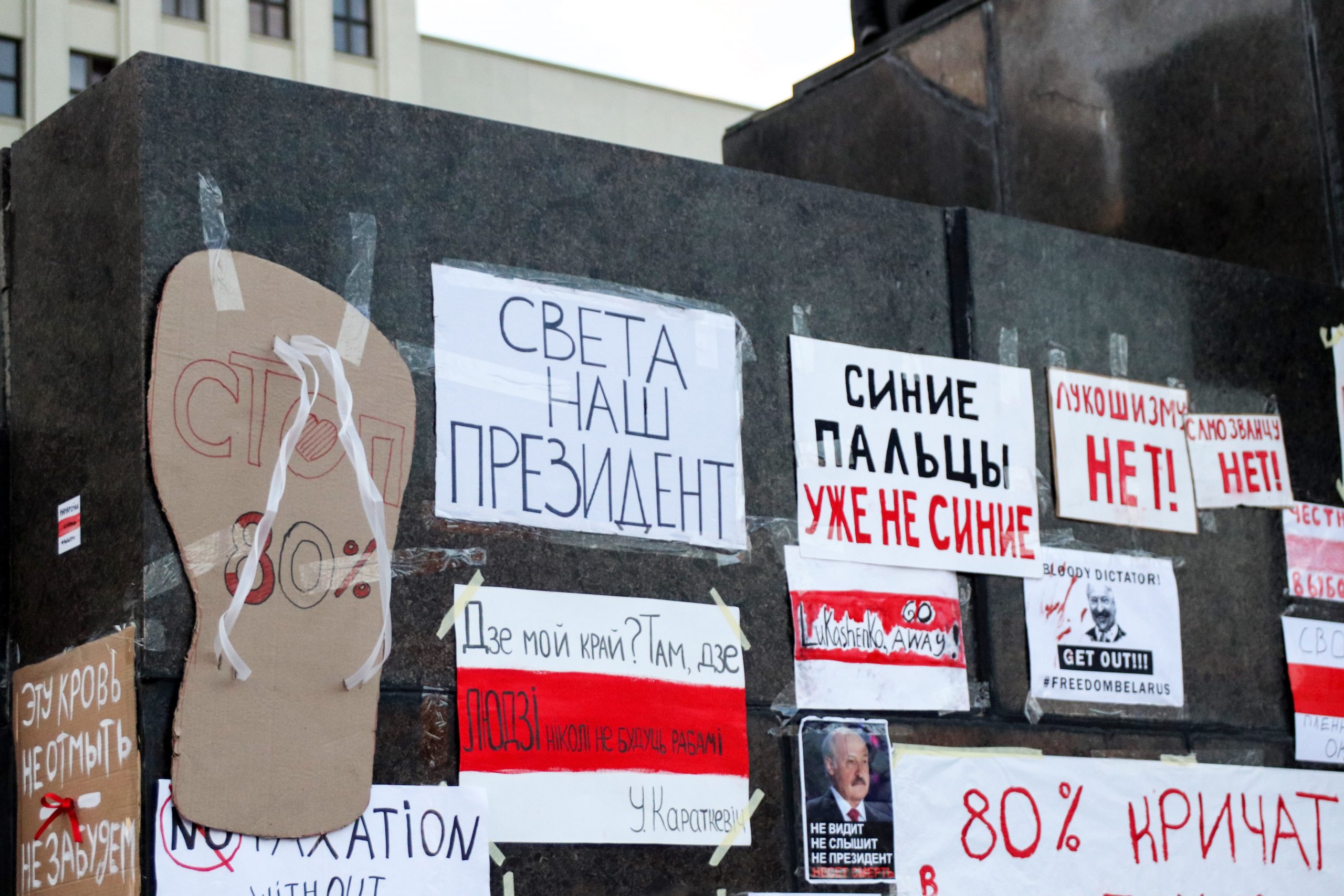Today All-Russia Civil Forum roundtable “Election system at the start of Russian State Duma elections: expectations, threats, and opportunities (“Избирательная система на старте выборов в Государственную Думу России: ожидания, угрозы, возможности”). The experts from various fields discussed the recent national elections conducted on 11-13 September 2020 that were highly criticised and discussed the upcoming vote in 2021, namely how State Duma elections should go so that the citizens would accept their results, and what can the society itself do to make the situation better.
 Margarita Zavadskaya was one of the experts, and in her talk, she covered the likelihood of post-election protests in 2021. Margarita thinks, that the Belarusian scenario is not impossible, but very unlikely in the Russian conditions: in Russia, more people are the system’s beneficiaries due to their employment in the state sector, and Russia’s economy is more diversified than the Belarusian. However there is a chance for mass peaceful post-electoral mobilisation in Russia, and a lot here depends on the election observers and their coordinated work and unsatisfied politicians from satellite parties who need to join in the opposition mobilisation efforts. The United Russia party wins the elections now because they intentionally suppress the turnout, and to withstand it there is a need to mobilise the passive but unsatisfied voters. Opinion polls and panels reveal that the dissatisfaction with the regime is only growing, and the State Duma is the most disliked institution.
Margarita Zavadskaya was one of the experts, and in her talk, she covered the likelihood of post-election protests in 2021. Margarita thinks, that the Belarusian scenario is not impossible, but very unlikely in the Russian conditions: in Russia, more people are the system’s beneficiaries due to their employment in the state sector, and Russia’s economy is more diversified than the Belarusian. However there is a chance for mass peaceful post-electoral mobilisation in Russia, and a lot here depends on the election observers and their coordinated work and unsatisfied politicians from satellite parties who need to join in the opposition mobilisation efforts. The United Russia party wins the elections now because they intentionally suppress the turnout, and to withstand it there is a need to mobilise the passive but unsatisfied voters. Opinion polls and panels reveal that the dissatisfaction with the regime is only growing, and the State Duma is the most disliked institution.
The current situation with the election system in Russia seems rather gloomy – all experts agreed on that. But as Margarita Zavadskaya said, there is no need to give up. Exposing electoral violations and making information about them as widely known as possible is a crucial factor in the fight for fair elections.
Full version of the discussion is available on Youtube:


